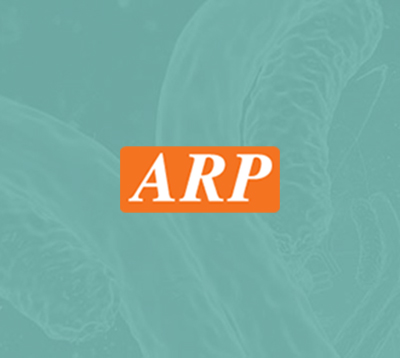Immunology
Immunology
Immunology is the study of the immune system, the highly complex network that has evolved to protect us from infection. Researching the immune system not only provides information about the normal physiological role of immune structures and processes, but it also allows investigation of the mechanisms underlying conditions such as autoimmunity, allergy, cancer and neurodegenerative disease.
The immune system functions via both innate and adaptive mechanisms, using multiple interconnected approaches to detect and remove potentially harmful pathogens. Innate immunity is non-specific and includes physical barriers like the skin and saliva; cells such as macrophages, neutrophils, basophils, and mast cells; and the complement system. Adaptive immunity involves antibodies that are present on the surface of B-cells, allowing the body to remember a previously encountered pathogen and to mount an enhanced immune response upon subsequent exposure. Cytokines are important chemical messengers that regulate both innate and adaptive immunity.
We offer an extensive portfolio of immunological reagents to support your research. These include complement and cytokine proteins, antibodies and assay kits, and a wide range of secondary antibodies raised in many different host species. Moreover, we continuously add new products to our database to accommodate your changing research needs.
Complement
The complement system, also known as the complement cascade, plays an essential role in innate immunity. Consisting of more than 30 distinct proteins circulating in the blood and tissue fluids, it functions to identify and destroy pathogens. Activation of the complement system is achieved by one of three pathways: the classical pathway, the alternative pathway, and the mannose binding lectin pathway.
Although the three complement pathways depend on different molecules for their activation, they all generate the same set of effector molecules. These function by binding to pathogens and opsonizing them for phagocytosis by cells bearing complement receptors; by acting as chemoattractants to bring additional phagocytes to the site of complement activation; or by creating pores in bacterial membranes to kill bacteria directly.
At ARP we’re driving complement research with our extensive range of immunological reagents including protein biomarkers, anti-complement antibodies and assay kits. These include proteins known to function at defined stages of the complement cascade, many of which are available from several host species.
Cytokines
Cytokines are small secreted proteins that act as intercellular messengers. They include interleukins, chemokines and tumor necrosis factors, all of which exert their effects by binding to specific cell surface receptors and activating intracellular signaling pathways. These pathways culminate in altered gene expression to promote differentiation, proliferation or activation of the target cell. T helper cells and macrophages are the two main cell types that produce cytokines, although most nucleated cells are capable of cytokine production.
Attempts to block cytokine activity have been successful in treating many diseases. Perhaps the most familiar examples are the anti-TNFα antibodies infliximab (REMICADE®) and adalimumab (HUMIRA®), used to block the activity of TNFα, that are highly effective therapeutics for autoimmune conditions such as rheumatoid arthritis.
ARP is committed to accelerating cytokine research and we offer a comprehensive selection of immunological reagents including cytokines, cytokine receptors and anti-cytokine antibodies, in addition to kits for quantifying cytokines by ELISA or CLIA.
Secondary antibodies
Secondary antibodies are established tools to support scientific research. Using secondary antibodies that have been conjugated to enzymes, fluorescent proteins or dyes, it is possible to detect the binding of highly specific primary antibodies to a target molecule. Furthermore, secondary antibodies can be employed within multiplexing experiments to detect primary antibodies from different host species, enabling researchers to maximize the information gained from often limited sample material.
Whatever your target antigen of interest, high quality secondary antibodies are crucial. Our product portfolio of immunological reagents includes secondary antibodies of various species, isotypes and subtypes, all backed by our 100% quality guarantee.




